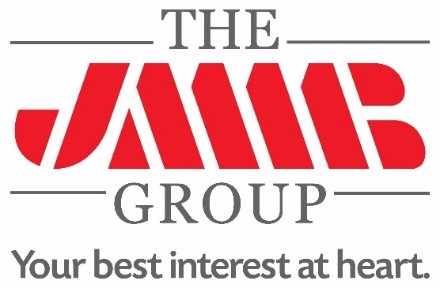 Though many business owners at some point tap into home equity as a financing source, you need to determine whether this strategy is right for you.
Though many business owners at some point tap into home equity as a financing source, you need to determine whether this strategy is right for you.
First, you should know the basic difference between the two primary kinds of home equity debt. A home equity loan is a one-time lump sum that is paid off over a particular amount of time with a fixed rate and number of payments. A home equity line of credit–also known as a HELOC–works more like a credit card because it has a revolving balance. Interest is due on the outstanding balance and that rate may vary over time.
As long as your home has appreciated in value, there will be a bank or mortgage broker who wants to loan you money in the form of either a home equity loan or line of credit right up to your credit limit. It’s in their best interest because they make more money that way. Yet just because you qualify for a home equity line doesn’t mean you need to use it, particularly as a bank for investment purposes.
Quite a few things need to go your way for you to use your home equity line effectively. While home equity loan interest rates may cost you less than borrowing from other sources, such as a bank or even from a brokerage account, you still need to be very careful and perform your due diligence.
To borrow home equity effectively, you need stable interest rates and rising home values. In other words, this strategy works best during a strong economy. It’s up to you and/or your team of advisors to determine the pulse of the local and national economy.
Even if you’re operating in a strong economic environment, many financial planners would tell you that if you need to borrow from home equity, you may not be in the strongest financial position to make an investment in the first place.
Here are the things you should discuss with a trusted financial advisor before tapping into your home equity:
- Will your investment deliver a greater after-tax return than you’ll be paying for the loan?
- Does your home equity loan or line carry an adjustable rate? If so, a jump in interest rates may make what you owe even more expensive and further offset any gains you make in your investment. If rates fall, it’s good news, but given current conditions, it makes sense to be cautious.
- How much is property appreciating each year in your neighborhood on average? Is it enough to further offset the cost of your investment? Keep in mind that no one is predicting the type of double-digit property appreciation we saw before 2004.
- How will this loan work for you from a tax perspective? Keep in mind that interest on home equity loans is generally not tax-deductible if you aren’t using the debt to buy or renovate a property.
- What if you need your home equity borrowing power later for an emergency–the real reason most of us should open a home equity line and then avoid using it? Could you handle that emergency if your borrowing was strained to the maximum?
- How liquid is this investment? If you had a sudden major expense, could you turn it into cash without major hardship?
- How much other debt do you have? Do you have significant balances on credit card or auto debt? That may raise the rate you pay on your loan–another potential cut in your investment profit potential.
- From a cash flow perspective, will you be able to service the debt–make the loan payments–assuming your investment using the home-equity funds doesn’t work out?
Home equity is a good option for many important financial goals, but you have to balance risk against potential reward. In many cases, it’s good to hold home equity in reserve for a real rainy day.
Debra Neiman, CFP, is Entrepreneur.com’s “Personal Finance” columnist and principal of Neiman & Associates Financial Services, a financial planning firm and registered investment advisor in Arlington, Massachusetts. She’s also the co-author of the recently released book, Money Without Matrimony: The Unmarried Couple’s Guide to Financial Security.

 Businessuite News24 International2 years ago
Businessuite News24 International2 years ago
 Feedback & What You Think2 years ago
Feedback & What You Think2 years ago
 Marketing & Advertising2 years ago
Marketing & Advertising2 years ago
 Businessuite Women1 year ago
Businessuite Women1 year ago
 Businessuite 50 Power and Influence1 year ago
Businessuite 50 Power and Influence1 year ago
 Leadership Conversations1 year ago
Leadership Conversations1 year ago
 Businessuite Markets2 years ago
Businessuite Markets2 years ago
 RANKING7 months ago
RANKING7 months ago








